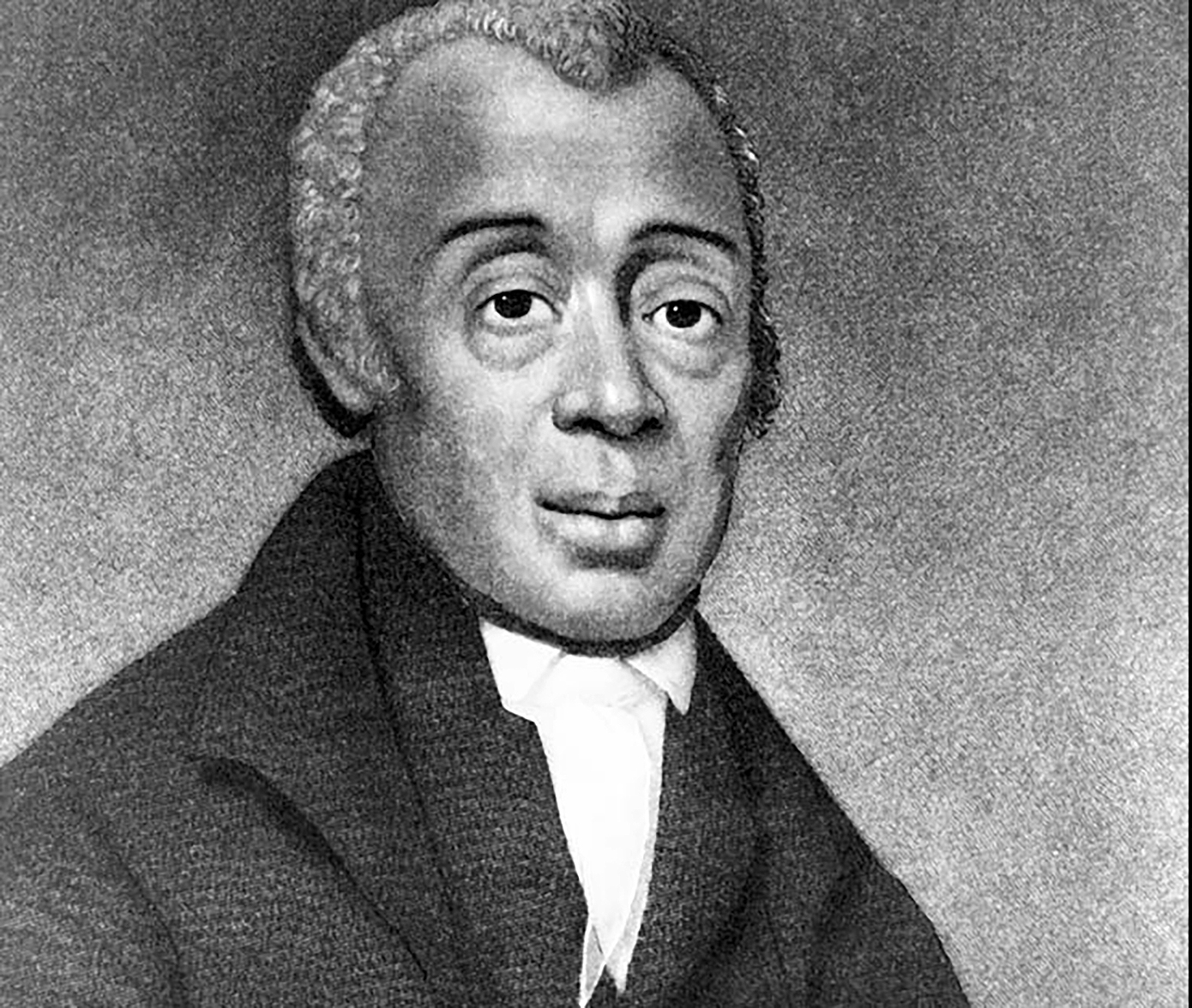Richard Allen was a prominent figure in American history, renowned for his contributions to the advancement of African American rights, particularly within the realm of religion and social justice. As the founder of the African Methodist Episcopal (AME) Church and a fervent abolitionist, Allen’s legacy continues to resonate today.
Born into slavery in Philadelphia in 1760, Allen’s early life was marked by hardship and oppression. Despite the challenges he faced, Allen displayed a remarkable intellect and a strong sense of determination from a young age. He learned to read and write, skills that were forbidden for many enslaved individuals at the time, and showed a keen interest in religion.
Just learn from your mistakes..and for give yourself..and better yourself
Richard Allen
Allen’s journey toward spiritual enlightenment began when he attended Methodist meetings in Philadelphia, where he found solace and inspiration in the teachings of the faith. His faith deepened over time, leading him to question the institution of slavery and the inherent injustices it perpetuated. Motivated by a desire for freedom and equality, Allen became actively involved in the burgeoning abolitionist movement.
In 1786, Allen achieved a significant milestone when he purchased his freedom from slavery. This newfound liberty allowed him to devote himself fully to his religious pursuits and advocacy work. He became a licensed Methodist preacher, traveling extensively throughout the region to spread the message of Christianity and social justice.
However, Allen soon encountered discrimination within the Methodist Episcopal Church, where African American worshippers were segregated and relegated to the margins of religious life. Determined to challenge this injustice, Allen and other like-minded individuals established the Free African Society in 1787, a mutual aid organization aimed at providing support and assistance to Philadelphia’s black community.
Whereas our ancestors (not of choice) were the first successful cultivators of the wilds of America, we their descendants feel ourselves entitled to participate in the blessings of her luxuriant soil.
Richard Allen
In 1794, Allen took a decisive step towards achieving his vision of an inclusive and equitable religious community by founding the Bethel African Methodist Episcopal Church in Philadelphia. This historic institution served as a beacon of hope and empowerment for African Americans, offering them a space to worship freely and cultivate their spiritual lives without fear of discrimination or prejudice.
Under Allen’s leadership, the Bethel Church flourished, attracting a diverse congregation and becoming a focal point for social activism and community organizing. In 1816, Allen’s pioneering efforts culminated in the establishment of the African Methodist Episcopal Church, the first independent black denomination in the United States. This historic achievement represented a watershed moment in African American history, signaling a break from the oppressive structures of the past and the emergence of a new era of self-determination and empowerment.
Throughout his life, Allen remained steadfast in his commitment to the principles of equality and justice, advocating tirelessly for the abolition of slavery and the upliftment of his fellow African Americans. His legacy as a religious leader, social reformer, and champion of human rights endures to this day, serving as an inspiration to future generations of activists and changemakers.
Richard Allen’s life and work remind us of the power of faith, perseverance, and collective action in the struggle for freedom and equality. His remarkable achievements continue to resonate across the centuries, reminding us of the enduring legacy of those who dare to dream of a better world and work tirelessly to make it a reality.
